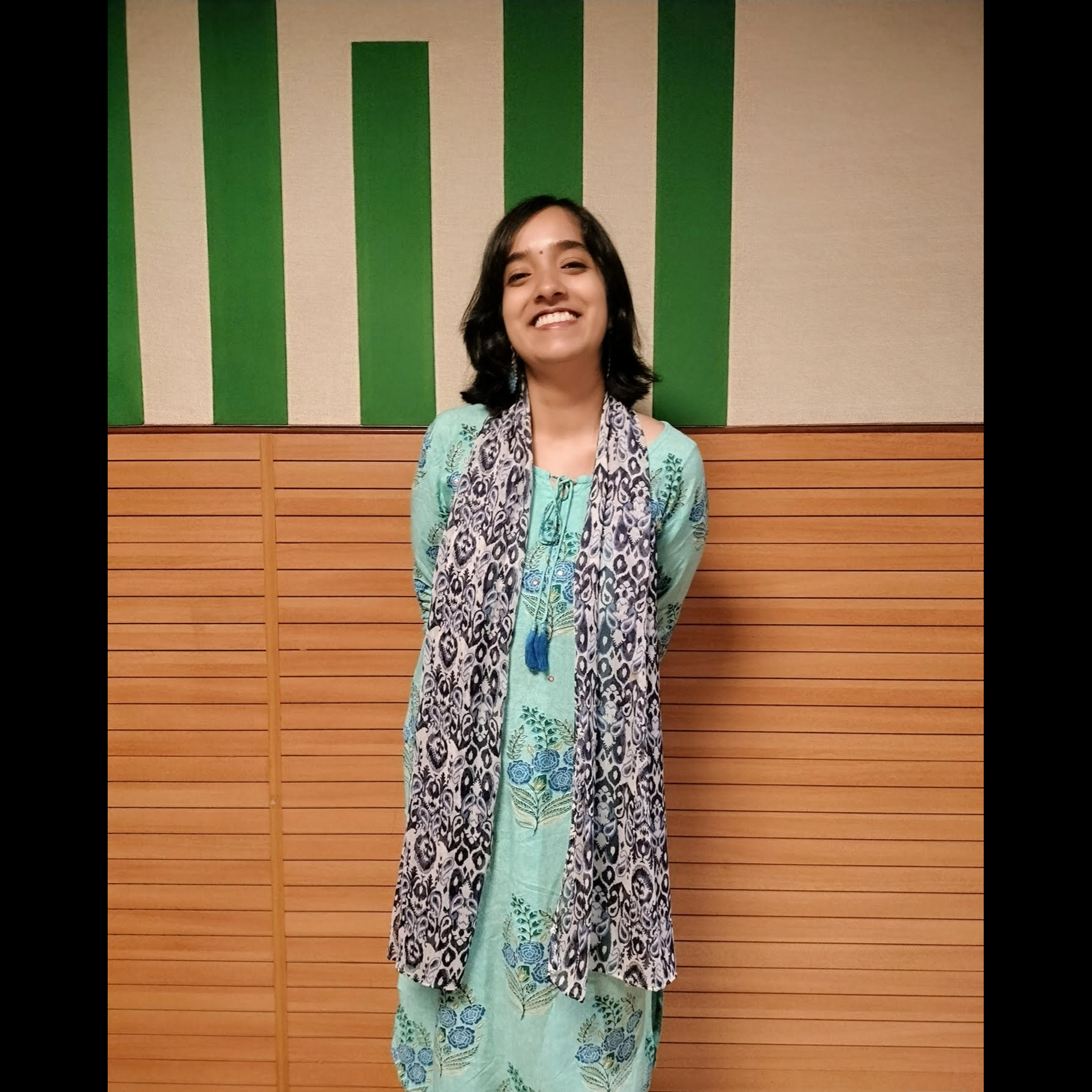Why Debt Mutual Funds Are Good Post Retirement Investment
Are Fixed Deposits really your best bet during the retirement years? Should you look at Debt Mutual Funds instead? Amogh Prasad, Senior financial planner with PeakAlpha, weighs in.
Kishore, 65, is a retired senior manager. He lives with his wife, Radha, 62, in their own house with no home loan obligations. He primarily built up his retirement corpus through fixed deposits and the employee provident fund. After retirement, he continued this pattern and invested the provident fund corpus also in fixed deposits. He believed he couldn’t go wrong with such a decision since fixed deposits would ensure that his capital remained safe. At retirement, Kishore had nearly Rs. 1.6 crores across multiple deposits, providing an average interest of 7.75%.
Kishore’s essential expenses were about Rs. 12 lakhs a year. He earned an interest of Rs. 12 lakhs on his fixed deposits corpus, and hence the interest on his deposits covered his expenses, without eating into the capital. Kishore and his wife met their expenses quite comfortably in the first year. The second year was when he felt the pinch.
Two factors brought about some uneasiness. First, was the tax liability on fixed deposits that ate into his returns. The tax Kishore paid was quite sizable, as explained below:
Principal AmountRs 1.6 croresTotal Interest earnedRs 12.4 lakhsTax PaidRs 1.92 lakhs
Kishore wanted to maintain his lifestyle, and not cut down on expenses. He decided to break one of his deposits to pay the tax. This resulted in his corpus being depleted, which is turn reduced his annual interest.
The second factor brought about greater stress for Kishore. His bank had reduced the interest rate on fixed deposits to 7.25%, owing to the recent interest rate cut by RBI. This further reduced Kishore’s annual income from his corpus. He now received an annual payout of Rs. 11.4 lakhs compared to Rs. 12.36 lakhs that he enjoyed earlier. Kishore and his wife were now forced to cut down on their expenses as their disposable income had reduced significantly. To add to their woes, inflation had made the same basket of household items much more expensive this year than in the previous year.
Time For A Portfolio Relook?
It struck Kishore that this cycle of lesser income and growing expenses would continue into the future unless he restructured his portfolio. He mulled over what he should do now. Should he take the risky route and invest in stocks and lose his peace of mind or continue with his existing strategy of safe investments with a worsening lifestyle.
Kishore started to research investment vehicles that beat inflation in the long run and were still tax efficient. Mutual funds fitted the bill perfectly, especially debt mutual funds. Debt mutual funds is a type of mutual fund whose underlying assets are safe fixed income instruments such as treasury bills, corporate and government bonds, money market instruments etc.
With the help of an advisor, Kishore invested the corpus across three debt mutual funds. These funds gave him the desired liquidity coupled with safety in his portfolio. He did not have to pay tax on his debt funds until he withdrew them. Additionally, if he withdrew them after three years of investment, his tax liability reduced considerably because of indexation. The tax he paid was a flat 20% after applying indexation. Indexation is a method of pegging the investment cost to inflation, thereby notionally reducing capital gain and subsequent tax on the gain. Kishore realized that he was paying only 1/7th of the taxes he had paid on his fixed deposits.
To compare, let us make two assumptions-1. Kishore invests his entire corpus of Rs 1.6 crores into a debt mutual fund, providing an annualized return of 8%. 2. Inflation is at 6%. If Kishore had continued to withdraw Rs 12 lakhs a year from this portfolio for five years, his entire tax liability at the end of five years would be Rs 1.9 lakhs; the same tax he paid after just one year in fixed deposits.
YearCorpus after growthAmount withdrawnTax Paid1Rs 1,72,80,000Rs 12,00,000Rs 26,6672Rs 1,73,66,400Rs 12,00,000Rs 51,3583Rs 1,74,59,712Rs 12,00,000Rs 74,2204Rs 1,75,60,489Rs 12,00,000Rs 17,290*5Rs 1,76,69,328Rs 12,00,000Rs 21,414*Total Tax PaidRs 1,90,949
*20% tax paid after applying indexation
Unlike a fixed deposit that paid a fixed interest, a systematic withdrawal plan from his mutual fund portfolio gave Kishore the flexibility to withdraw the amount as per his liking and frequency. Kishore could now maintain his earlier lifestyle and still ensure an independent and worry-free retirement.
Here’s why debt mutual funds may work for you:
* Interest rates are on the decline as the country develops, making fixed deposits a less lucrative option these days. At the same time, fixed deposits, while safe, are not very tax efficient since tax is paid on accrual while debt mutual funds are taxable only in the year they are redeemed.
* Additionally, if debt mutual funds are held for three years, they enjoy indexation benefits bringing down their tax liability considerably.
* Debt mutual funds also provide liquidity where withdrawals take not more than two to three working days to credit to your savings account.
* Debt mutual funds provide a convenient source of income where you control the amount you receive every month with the help of a systematic withdrawal plan.
Featured image courtesy: Pixabay
Comments

Vimala Ramu
15 Oct, 2012
Congrats, Amogh. A good beginning. Keep it up!

Nagbhushan.Gubbi@Gmail.Com
14 Oct, 2012
Excellent article and sound advice to people close to retirement.

Harish Devarajan
21 Aug, 2012
Good advice presented in an easy to understand style. Thanks.







Post a comment